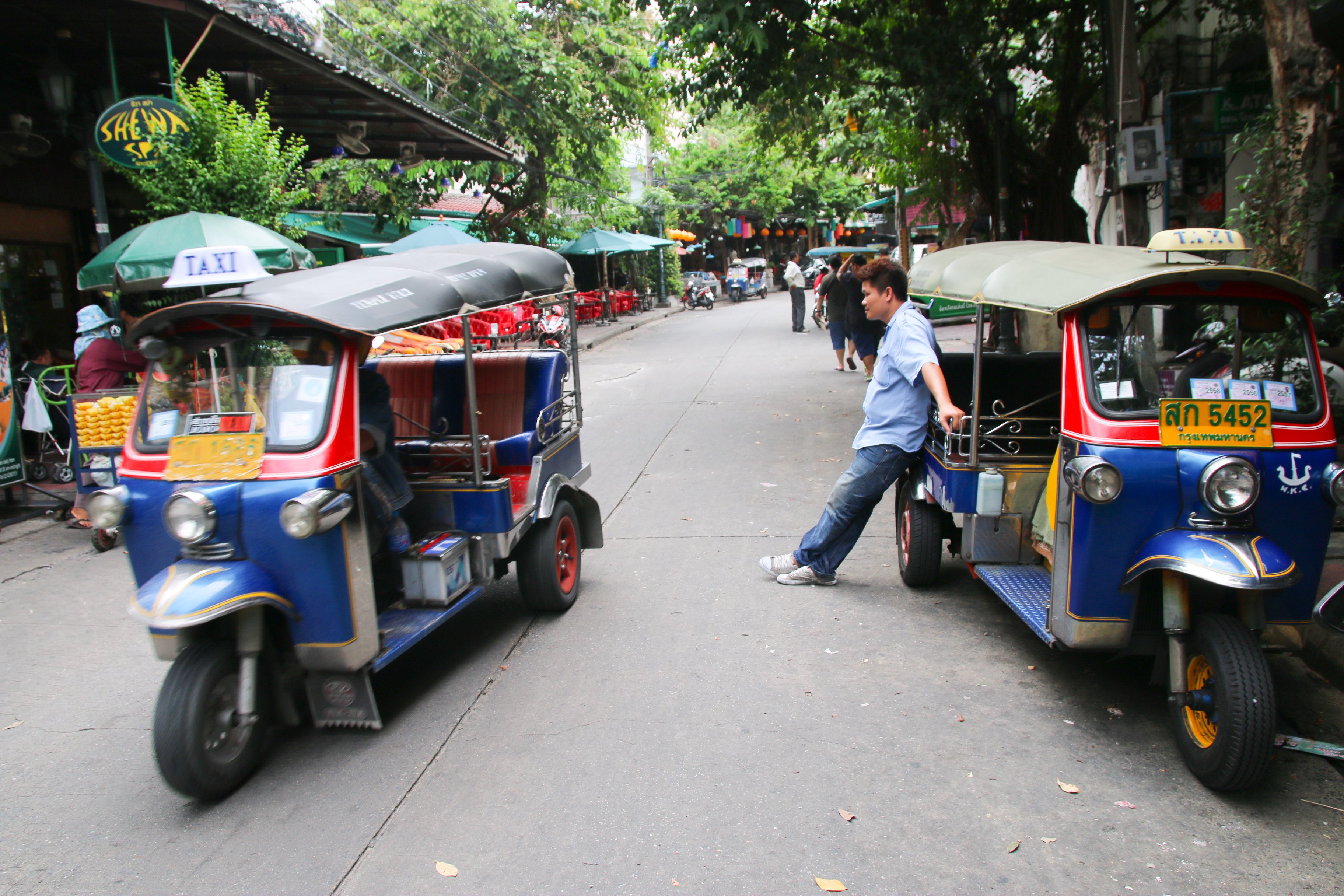By Danielle D’Silva
As I sat down to write this article, I found myself shuffling through many of the clichéd anecdotes that one often hears when they are told about a developing country. However, from the year I lived in India and the several months I worked in Southeast Asia, I have many stories quite similar to those I had during the time I spent in Madison—spending all day in a café working on a paper or a drunken trip to our favorite late-night eatery on a weekend out. But these stories aren’t what people want to hear upon my return to the Western world.
In recounting my time in a developing country, I feel I have no choice other than to speak to what people want to hear; the exotic India—not the modern one. They want to see the photo that highlights the “unique” dichotomy between tradition and modernity, listen to the stories of the destitute by which I was surrounded, or try and grasp the spiritual revelation I felt while floating down the Ganges River. These are often funny, exciting and compelling stories that do give insight into a reality quite different than the one in which many of us are living. They do point to many of the issues in politics, global poverty reduction, healthcare, environmental degradation, etc. and they can inspire people to learn more, visit and/or contribute to a solution.
However, we also run the risk of editing out the aspects of these countries that make them similar to our own. Through the stories we want to hear and therefore elect to tell, we disassociate ourselves and our problems from them and theirs and solidify the barrier between their world and ours. The places that we visit become diluted and simplified to serve the purpose of providing contrast to Madison, Wisconsin, or the United States. We sensationalize particular stories because in our culture, they seem absurd. We happily categorize and label these places and their people as different from us, and when we find too many similarities or when the situation is not shocking enough, we are left wanting.
This summer I stopped in Bangkok for a week before continuing to my final destination of Phnom Penh. It was my first time back in a developing country after India, and I was ready to be confronted with a challenge. However, it felt so…developed. I could drink water at restaurants, the streets and public transportation were orderly and efficient, and I could enjoy a perfectly mixed cocktail at a lovely rooftop bar all while being serenaded by the live musician. I had to admit I was disappointed. Had I been in Europe, my enjoyment would have dictated my positive evaluation of the visit. But instead, because I expected a developing country and the challenges that come with one, it was my enjoyment of Bangkok that paradoxically caused my dissatisfaction. This sentiment was common among travelers I encountered in Southeast Asia: some said they didn’t like Bangkok because Thailand is practically a developed country, while others cut their stay short in search of “more of a challenge.”
We have simplified and exoticized developing countries to such an extent that their lack of development and dissimilarities to the West are their only identifying features. Furthermore, it seems as though we are secretly disinterested in their development (which is certainly problematic for me since I am pursuing a masters in international development) because in many ways development quells the allure for us thrill-seeking travelers. At a certain point, are we not valuing the challenge, or even more cynically, the story it can give us over the place itself? Just some food for thought.

